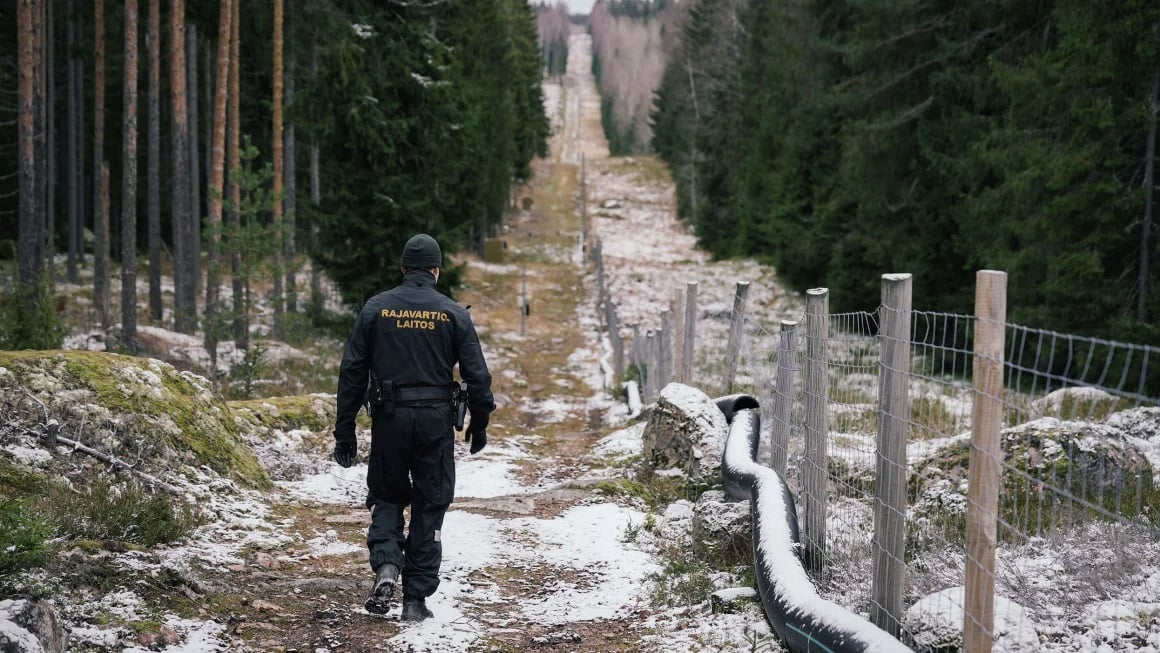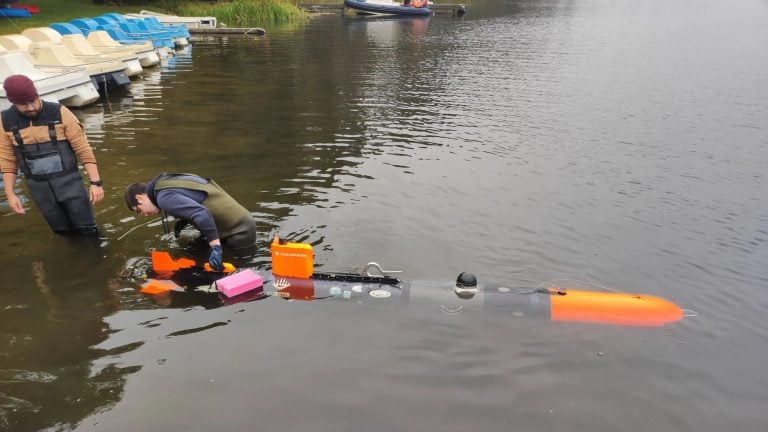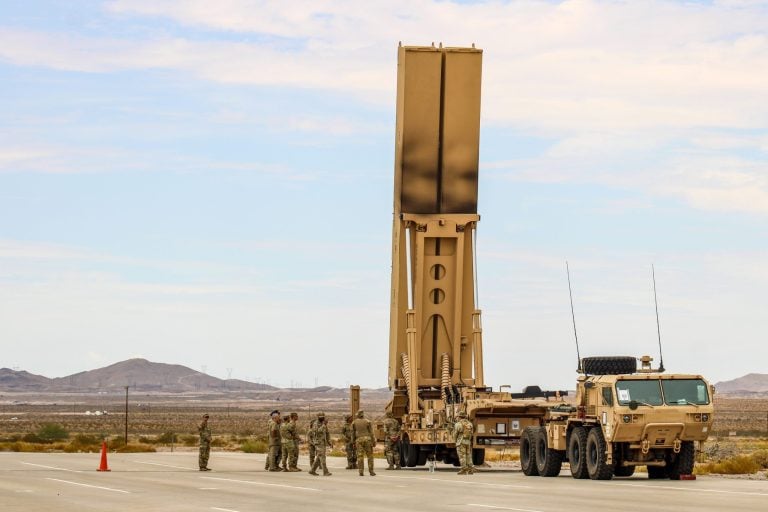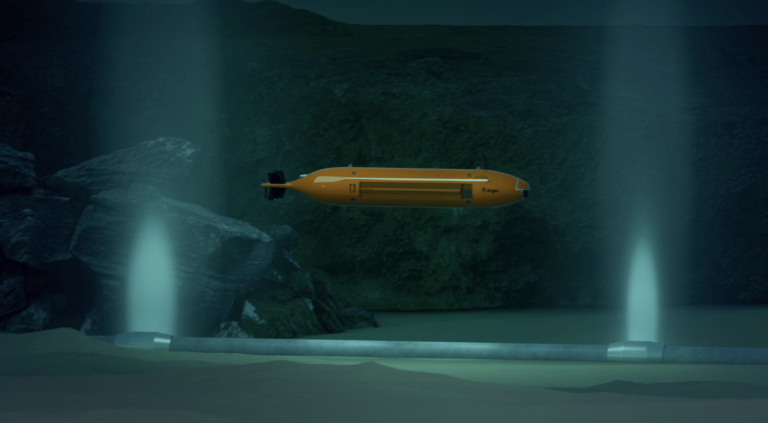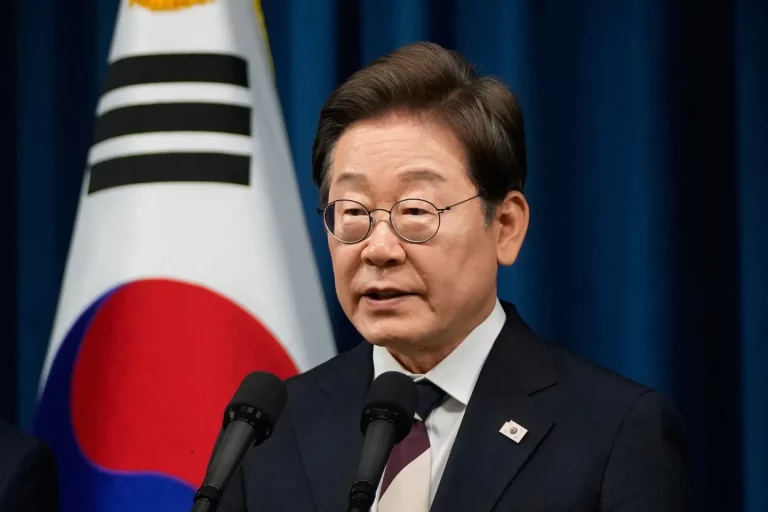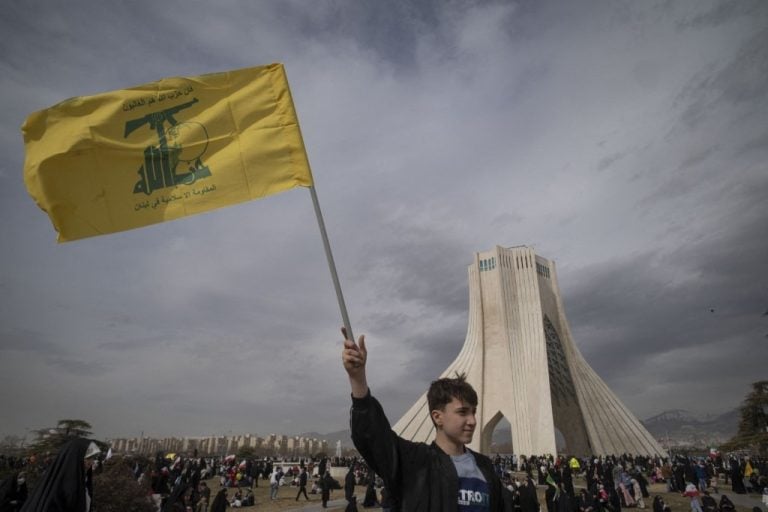Finland’s Prime Minister, Petteri Orpo, announced on Tuesday that the country plans to withdraw from the 1997 Ottawa Treaty, which bans anti-personnel mines. This decision marks another shift among NATO countries that are reassessing their military protocols in response to perceived threats from Russia.
Orpo attributed the choice to a “fundamentally changed security environment” in Europe, particularly given Finland’s position as a NATO member bordering Russia. During a press conference, he stated, “Finland and Europe need to evaluate all measures to strengthen our deterrence and defense capabilities, individually and in NATO,” reinforcing the notion of adapting to new security challenges.
The decision to potentially withdraw from the treaty aligns with similar moves made by neighboring NATO countries on the eastern flank—Poland, Lithuania, Latvia, and Estonia—who have recently indicated their intent to consider exiting the same treaty due to increased threats from the Kremlin.
As the process unfolds, the Finnish Parliament will need to endorse the government’s decision for the withdrawal to take effect six months later. Analysts have noted that this move reflects a significant shift in Finland’s defense posture. According to Iro Sarkka, a senior researcher at the Finnish Institute of International Affairs, this indicates that Finland is willing to leverage all available means to protect its national security, even at the risk of compromising international legal agreements. Sarkka highlighted that while this decision may not align with optimal international law standards, it offers a more significant military capability.
With a lengthy border of 1,340 kilometers (about 830 miles) with Russia, Finland has intensified its defense and border security measures since the onset of Russia’s invasion of Ukraine in 2022. The war prompted the Nordic nation to abandon its long-standing policy of military non-alignment and seek NATO membership. In December 2023, Finland further tightened its eastern border with Russia in response to an influx of around 1,000 undocumented migrants, which Helsinki attributed to an orchestrated effort by Moscow—an allegation that Russia has denied.
During the discussions surrounding the treaty withdrawal, Finland’s Foreign Minister Elina Valtonen reaffirmed the country’s commitment to humanitarian responsibilities and adherence to international agreements. However, she emphasized the complexities of dealing with a neighbor that does not respect such agreements, underscoring the strategic necessity behind the decision.
Lithuanian Defense Minister Dovile Sakaliene expressed support for Finland’s move, asserting that it demonstrates a serious commitment to bolstering regional defense and deterrence capabilities. She noted, “The long-awaited and negotiated regional decision is now complete – NATO countries bordering Russia are taking all the necessary measures to ensure that never again will the dirty boot of a Russian soldier cross our border.”
Moreover, the states discussing withdrawal from the Ottawa Treaty reflect a growing consensus among NATO’s frontline countries concerning their defense policies regarding Russia. This treaty, which bans the use, stockpiling, production, and transfer of anti-personnel landmines, currently has over 160 participating countries, including Ukraine. Notably, neither Russia nor the United States are signatories to the treaty.
In a broader context, Prime Minister Orpo announced plans to increase Finland’s defense spending to at least three percent of its GDP by the year 2029, coupled with a reform of its defense forces to address the escalating security challenges. He assured the public that these strategies are designed to ensure the country’s defense readiness for years to come, expressing satisfaction with the broad support these solutions have received across the Finnish Parliament.
